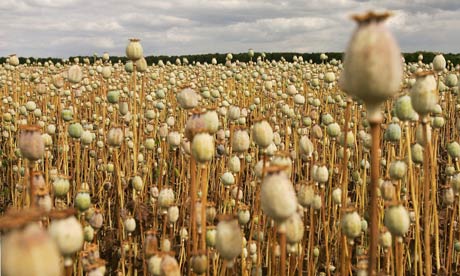
Two Orange prize-shortlisted novels appear in paperback this month. Madeline Miller's The Song of Achilles goes behind the scenes of the Iliad, and back into the childhoods of Achilles and Patroclus. "She is a respectful and clearly loving reader of Homer," wrote Charlotte Higgins. "Nothing strikes a false note in her intricately created world ... where ordinariness and wonder (centaurs, goddesses) are woven together without jerkiness. She nails her colours to the mast, too: Miller has her Achilles and Patroclus inseparably, gloriously and physically devoted, which certainly makes sense to this reader."
Georgina Harding's Painter of Silence, meanwhile, uncovers the wartime experiences of a deaf-mute artist in Romania. "Harding writes with exquisite restraint," wrote Clare Clark, contrasting "the grim greyness of the communist city" with the pastoral landscape. "Her deceptively simple prose gives a startling beauty to the ordinary, and evokes great depth of suffering. It is a challenge for any writer to conjure the world of the wordless through words and in this Harding triumphantly succeeds."
Amitav Ghosh's Sea of Poppies began a trilogy investigating the opium trade of the 1830s. The second volume, River of Smoke, moves from India to China, where the trade "has inflicted a plague of addiction on the Chinese population while making empire-sized fortunes for the irrepressibly shameless traders, mostly British". "Ghosh's novels somehow succeed in taking us back inside the chaos of when 'then' was 'now'," wrote Tessa Hadley. "Both novels are cabinets of curiosities, crowded with items that hold a story of their own." She missed the verve of the first book, but found a "sensual freshness" that means "the spirit of the novel is enthusiastic tragicomedy, not moralising post-hoc gloom".
The Wandering Falcon by Jamil Ahmad was hailed by our reviewer as "one of the finest collections of short stories to come out of south Asia in decades". They are the work of a Pakistani civil servant, now in his 70s, who was inspired to turn into fiction what he saw decades ago when working in the tribal areas on the Pakistan-Afghan border. "The Pak-Afghan frontier has become synonymous with terrorists and the mechanised war of drones ... Jamil's stories return the humanity to this devastated region. His characters defy the much-used categories of our times: moderates or extremists, Salafis or Sufis, pro or anti-American. Their concerns are often ordinary, mostly difficult struggles for a life of dignity and love."
Towards the end of the month comes Alan Hollinghurst's The Stranger's Child, an elegantly constructed country house novel about literary lives and afterlives over the 20th century. Theo Tait called it "a sort of ironic meditation on the evolution of literary memory", as new myths replace old ones and new fashions reinterpret history. "Flawlessly executed though this book is," the review admitted, "it has rather less bite than its predecessors. The Stranger's Child is stately, even a touch tweedy, and not exactly original" – yet it's undeniably "elegant, seductive and extremely enjoyable to read".
There's more highly coloured fare in Erin Morgenstern's Orange prize- and Guardian first book-longlisted debut The Night Circus. A dreamy, atmospheric extravaganza about a fin de siècle circus powered by real magic, it won't be to everyone's taste, but should enchant fans of Jonathan Strange and Mr Norrell – or even those resistant to fantasy. "I am hostile to whimsy", declared the Guardian's reviewer Claire Messud, "yet I found it enchanting, and affecting ... in this sparklingly realised alternative reality, Morgenstern explores the relation between competition and collaboration, collusion and manipulation, fate and freedom." With chocolate popcorn, too.

